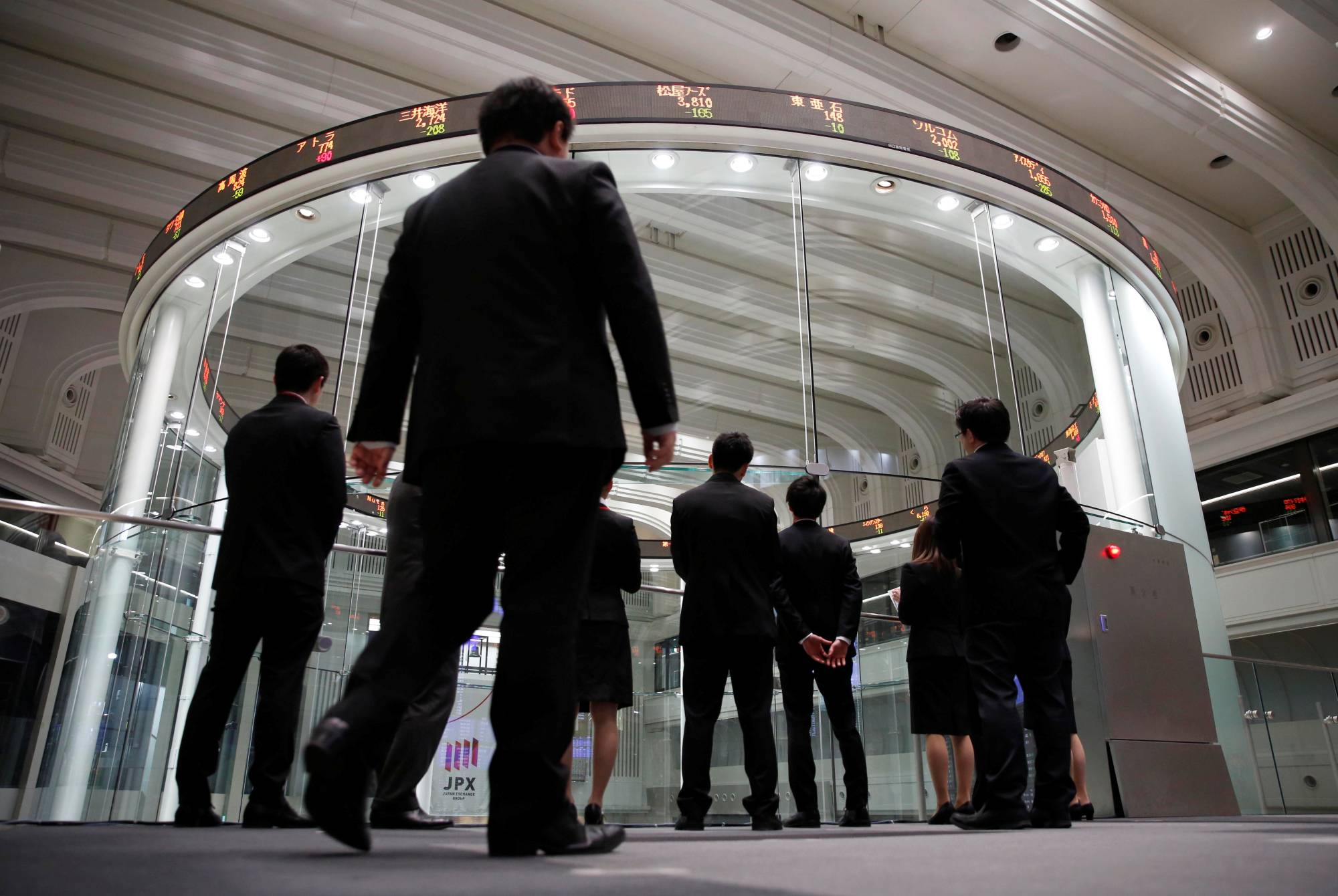Zombies walk among us. For nearly a decade, economists have issued increasingly strident alarms about the impact of ultralow interest rates on the business ecosystem, warning that easy money prevents the turnover of companies that promotes productivity. Central bank efforts to fend off the catastrophic economic effects of the COVID-19 crisis have amplified the alerts: “Japanification,” a permanent state of sluggish growth, is a possible, if not likely, future for developed economies.
Zombies may be more of a cosmetic problem than a genuine menace. In the short term, keeping companies on life support makes sense given the exceptional circumstances of the pandemic. But even over the long-term, a readiness to pull the plug betrays assumptions about economic health and social well-being that must be more closely examined.
A zombie company is defined as a firm that can’t generate enough business to operate without ongoing financial assistance. More specifically, it is unable to cover debt servicing costs from current profits over an extended period. One analysis of firms in 79 countries from 2005-2016 found that about 10% could be called zombies. Deutsche Bank estimated that about 20% of publicly traded U.S. companies are zombies, a doubling since 2013. That aligns with a November 2020 Bloomberg News assessment in which 527 companies in the Russell 3000 index of large U.S. corporations, with a combined debt of $1.36 trillion, are zombies; this is a substantial increase from the 335 firms that had $378 billion of debt at the end of 2019.



















With your current subscription plan you can comment on stories. However, before writing your first comment, please create a display name in the Profile section of your subscriber account page.